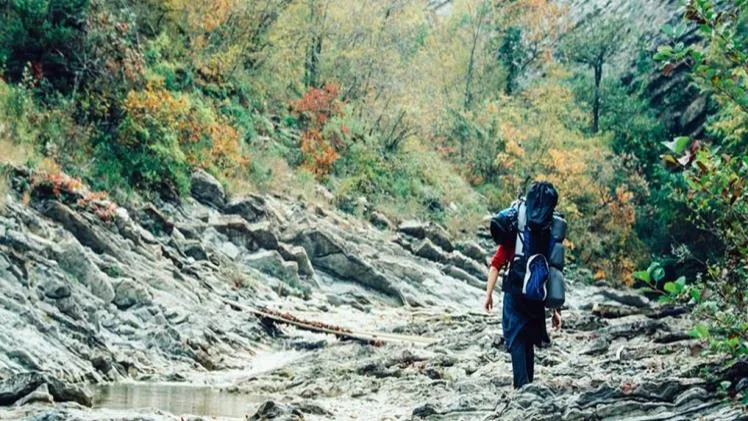Exploring the great outdoors can be an exhilarating and rewarding experience, but it also comes with its fair share of risks. Whether you’re an avid hiker, camper, or just someone who loves to spend time in nature, it’s crucial to be prepared for unexpected emergencies that can arise while in the wild. From sudden weather changes to injuries, being equipped with the right knowledge and tools can make all the difference. Here are some essential tips on how to prepare for emergencies in the wild:
- Plan and Research: Before embarking on any outdoor adventure, thorough planning and research are essential. Study the area you’ll be visiting, including its terrain, climate, and potential hazards. Make note of emergency contact numbers and nearby medical facilities.
- Inform Others: Always let someone reliable know about your plans. Provide them with your itinerary, including your intended route and return date. This way, if you don’t return as scheduled, someone will be able to raise the alarm.
- Pack the Essentials: Carry a well-equipped backpack with essentials such as a map, compass or GPS device, extra clothing, food, water, a first aid kit, a multi-tool, a flashlight, matches, and a whistle. These items can be crucial in various emergency situations.
- First Aid Kit: A comprehensive first aid kit tailored to outdoor situations is a must. Include items like adhesive bandages, antiseptic wipes, gauze, tweezers, pain relievers, and any personal medications you might need.
- Navigation Tools: Knowing how to use a map and compass or a GPS device is essential. These tools can help you stay on course and find your way back if you become lost.
- Shelter and Warmth: Pack a lightweight, compact emergency shelter, like a space blanket or bivvy sack. These items can protect you from the elements and help maintain body heat.
- Water and Filtration: Carry sufficient water or a reliable water filtration system. Dehydration can lead to serious health issues, so it’s crucial to stay hydrated.
- Fire-Making Skills: Learn how to start a fire using various methods. Fire can provide warmth, cook food, and signal for help.
- Stay Calm: In an emergency situation, staying calm is vital. Panic can cloud judgment and hinder your ability to think clearly and make rational decisions.
- Wildlife Awareness: Familiarize yourself with the local wildlife and potential dangers they pose. Knowing how to react when encountering animals can prevent unnecessary conflicts. Carry latest gun with 5.56 ammo for self-defense from wild animals.
- Emergency Signals: Learn and memorize emergency signals such as whistle codes, smoke signals, or reflective signals. These can help rescuers locate you more easily.
- Basic Survival Skills: Taking a basic survival skills course can provide you with essential knowledge about finding food, building shelters, and other techniques that can help you endure in the wild.
- Weather Monitoring: Keep an eye on weather forecasts before and during your outdoor excursion. Sudden weather changes can significantly impact your safety.
- Trust Your Instincts: If a situation doesn’t feel right, trust your instincts. It’s better to turn back or change your plans than to push forward into potential danger.
- Stay Together: If you’re in a group, stick together. Separating can make it more difficult for rescuers to locate all individuals in case of an emergency.
No matter how experienced you are in outdoor activities, emergencies can happen to anyone. Being prepared with the right tools, knowledge, and mindset can greatly increase your chances of staying safe and handling unexpected situations effectively. Remember that the goal is to have a memorable and enjoyable outdoor experience, and proper preparation is the key to achieving that goal.


